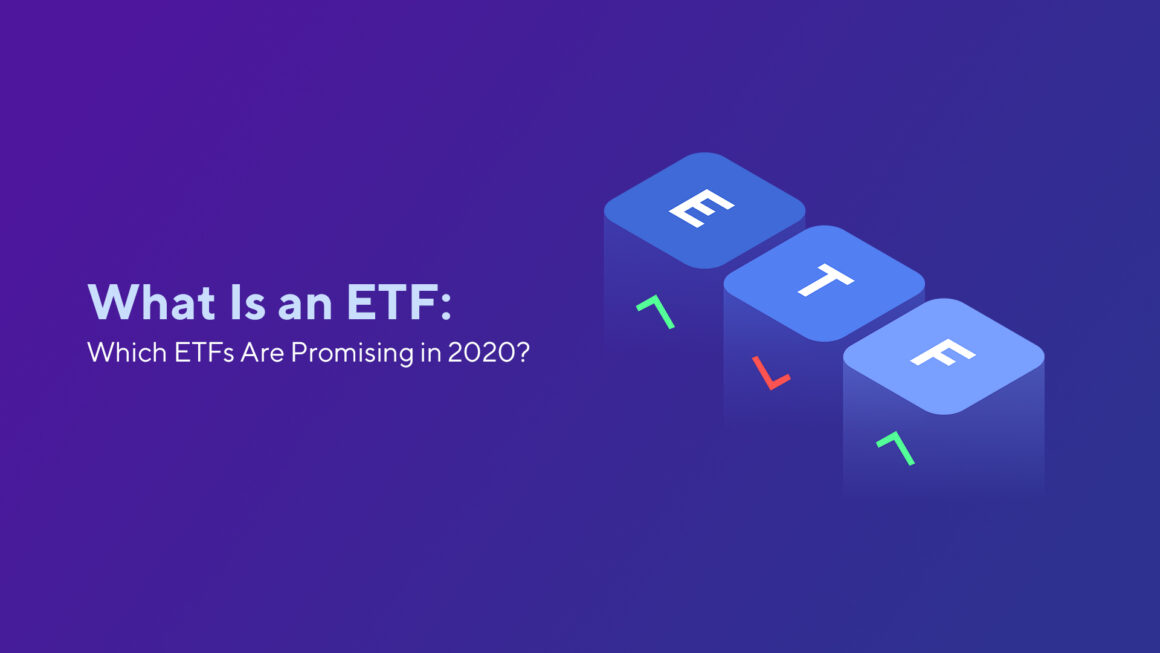Why are some people looking for the best ETFs in 2020? The Exchange Traded Funds offer a great addition to regular stock trading and share risks. But which ETF offer should you choose? Today, we’ll help you find out! How do ETFs work? The main idea is to analyze an index, buy the stocks, and then manage your own portfolio. Thanks to so-called ETFs, anyone can easily invest in such a portfolio without problems.
Many investors buy ETFs for rich dividends. ETFs are now a widespread and extremely popular form of investment that generally enjoys a good reputation and is relatively safe. What ETFs actually are? How do they work? What should you do in order to avoid mistakes when trading with this investment product. Here we go!
What Are ETFs: A Guide for Beginners & Advanced Traders
ETF stands for Exchange Traded Fund. Funds are investment products that anyone can purchase. An ETF is therefore an investment fund that is traded on a stock exchange. It’s a passive fund, which isn’t actively managed by an investment advisor. Instead, each position in the fund effectively replicates the corresponding index one-to-one.
That is why the performance of the exchange-traded fund is almost identical to that of the index shown. However, if you put the price trends of an index and the matching ETF on top of each other, a slight discrepancy is noticeable. The ETF continuously moves slightly below the value of the index. This is due to the fees that are naturally attached to the product.
A passive portfolio is listed on the stock exchange in the form of security available for investors. The entire portfolio is traded like a single share using the ETF. Thus, an ETF is a fund in the form of security that can be traded on a stock exchange.
The management costs of passive funds such as ETFs are often more than one percent per year lower than those of actively managed funds. Compared to actively managed funds, this means a higher return for investors. Investment advisors therefore usually recommend their clients to invest in ETFs. Many investors buy ETFs for rich dividends.
What Is the ETF Dividend?
Studies have shown that strategies such as day trading with ETFs generally lead to lower returns on this financial instrument than long-term investments. This is mainly due to the fact that most traders make a lot of bad decisions.
In theory, private investors who invest in passively managed ETFs should achieve higher returns than those who, for example, rely on actively managed funds. However, according to a study, the opposite is true. Research of the Bogle Financial Markets Research analysis company showed that American investors achieved worse results with investments in ETFs than with traditional funds.
Private investors who invest in passive but not exchange-traded index funds achieved an average annual return of 8.4 percent during the study period. With actively managed funds, private investors achieved returns of around 7.2 percent annually. ETF investors can boast of a return of 5.5 percent.
If you’re interested in the EFTs, feel free to let us know in the comments!

Leave a Reply